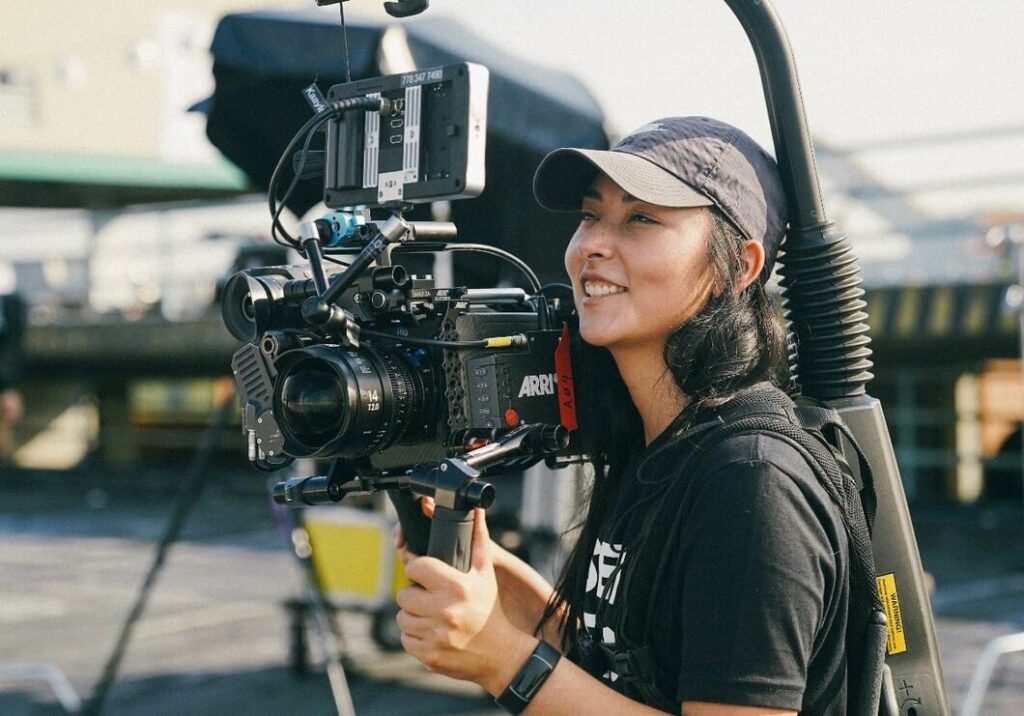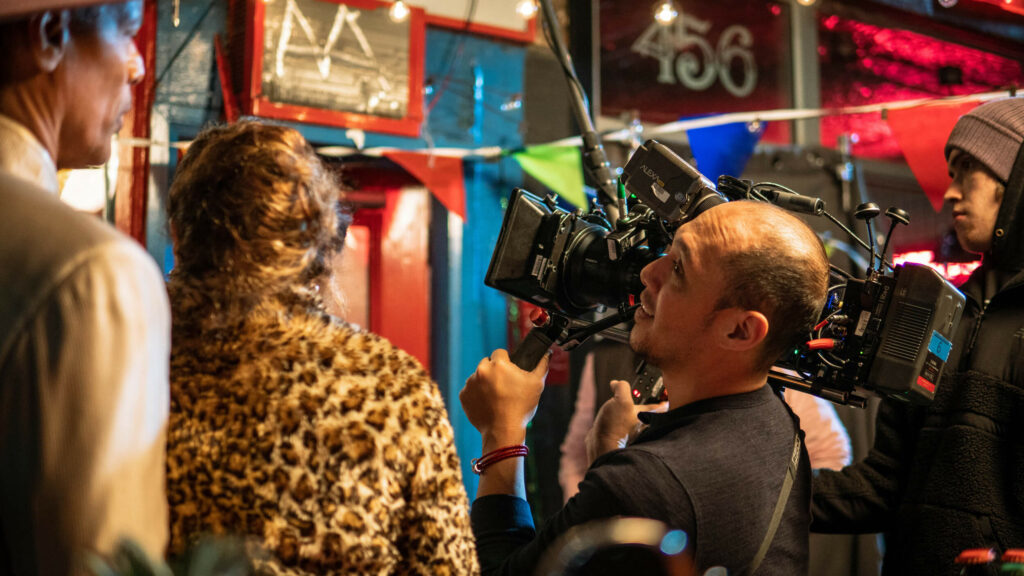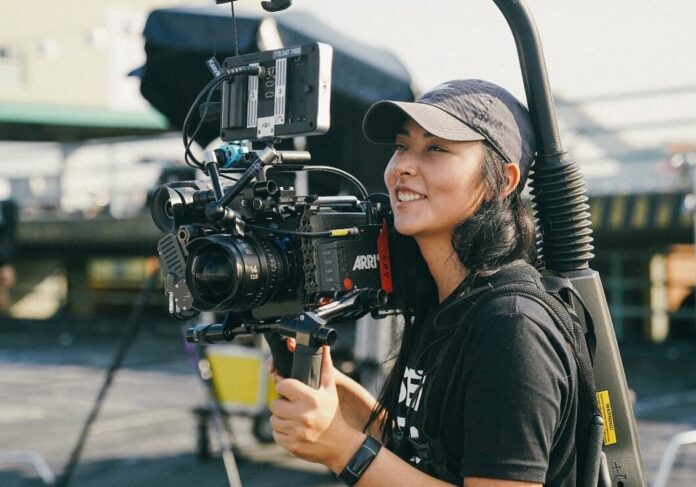The Diversity Committee was formed to foster equity, diversity and inclusion in the heart of the CSC decision-making and action. It works to facilitate outreach to underrepresented communities by all levels of the organization to help improve access to the film and television industry. In this exclusive interview, Committee Co-Chairs Raymond Tuquero and Kaayla Whachell share insights into their ongoing efforts to promote equity, diversity, and inclusion within the CSC. From tracking membership diversity to developing mentorship programs for female cinematographers and forging partnerships with BIPOC film festivals, the committee is working to break down systemic barriers and foster a more inclusive environment. They reflect on the challenges and rewards of their work while outlining their vision for a CSC where all voices are valued and every member has access to equal opportunities.
How do you measure the progress made toward equity, diversity, and inclusion within the CSC?
As the co-chairs of the Diversity Committee, we measure progress by tracking the increase in cinematographers from underrepresented communities joining the CSC. By reviewing the membership list, we can identify specific barriers within the CSC that may need to be addressed when discussing equity, diversity, and inclusion. Our goal is to create a welcoming environment where cinematographers from diverse backgrounds—whether female, BIPOC, 2SLGBTQ+, or those with disabilities—feel supported and can connect with their peers. For example, in the full membership category, there are only 13 female full members compared to 186 male full members. Additionally, only 19 full members identify as BIPOC. These numbers reflect the systemic barriers that have historically impacted the membership composition within the CSC, and we are committed to addressing these disparities.
What are the biggest challenges the CSC faces in diversifying its membership?
There are many diverse cinematographers working within Canada, and it is up to us as CSC members to make them feel included and welcomed within the CSC. As the Diversity Committee, we recognize that several factors, both within and outside the CSC, may discourage diverse individuals from joining. Recently, comments made by [Camerimage Director] Mark Zydowicz about female cinematographers sparked an international outcry and served as a reminder of the importance of ongoing dialogue about representation and inclusion in the film industry. As a committee, we hope to ally our peers in implementing strategies that promote diversity, equity, and inclusion and to make sure that all members feel valued and have access to opportunities.
Can you provide more details about the program to advance the careers of women cinematographers? What specific barriers does it aim to address?
The Diversity Committee is currently collaborating with CSC President Zoe Dirse csc to develop a program aimed at advancing the careers of female cinematographers within the CSC. Many female cinematographers have shared that they are not receiving the same opportunities for mentorship, networking, or skill advancement as their male counterparts. This program will focus on providing tailored opportunities to address these gaps. We will be reaching out to our female members to understand their specific needs and interests—whether it’s in technical skill development, leadership roles, or industry networking. By listening to their feedback, we hope to create a program that directly addresses the barriers they face.
Regarding the CSC’s partnership with BIPOC film festivals, including the Reel Asian Film Festival, what are the goals of this collaboration, and how do you plan to expand it in the future?
The CSC recently partnered with the Reel Asian Film Festival to establish the Best Canadian Cinematography Award. Three BIPOC CSC members were invited to serve as jurors, and the award was won by Andrew Lee, whose work on Reunited received widespread recognition. Since winning the award, Andrew has joined the CSC as an associate member. Moving forward, the Diversity Committee aims to expand partnerships with more BIPOC film festivals to identify and support emerging, talented cinematographers from underrepresented communities.
What role do you see the Diversity Committee playing in shaping the CSC’s approach to equity and inclusion?
The Diversity Committee plays a small role in shaping the CSC’s approach to equity and inclusion by spotlighting diverse voices and fostering a more inclusive environment. We hope to hold our peers accountable by ensuring that diversity is not just talked about, but actively pursued through policy, initiatives, and everyday practices. The committee is made up of dedicated volunteers from across Canada, each bringing their unique experiences and expertise. Together, we help create a framework for more inclusive policies and advocate for systemic change within the organization.
As co-chairs, what has been the most rewarding part of leading this committee, and what are your personal hopes for its future?
As co-chairs, the most rewarding aspect of leading the Diversity Committee has been seeing our peers actively engage in the process of change. It’s inspiring to witness the collective efforts of the CSC membership as we work toward creating a more inclusive and supportive community. Looking ahead, we are excited about the progress made toward growing our membership with more diverse voices. Ultimately, we hope to continue amplifying the voices of our diverse members and ensuring that all cinematographers feel seen, heard, and supported within the CSC.

Kaayla Whachell, Associate member
Photo credit: Jacob Harris

Raymond Tuquero, Associate Member
Photo Credit: Kezia Angelica




